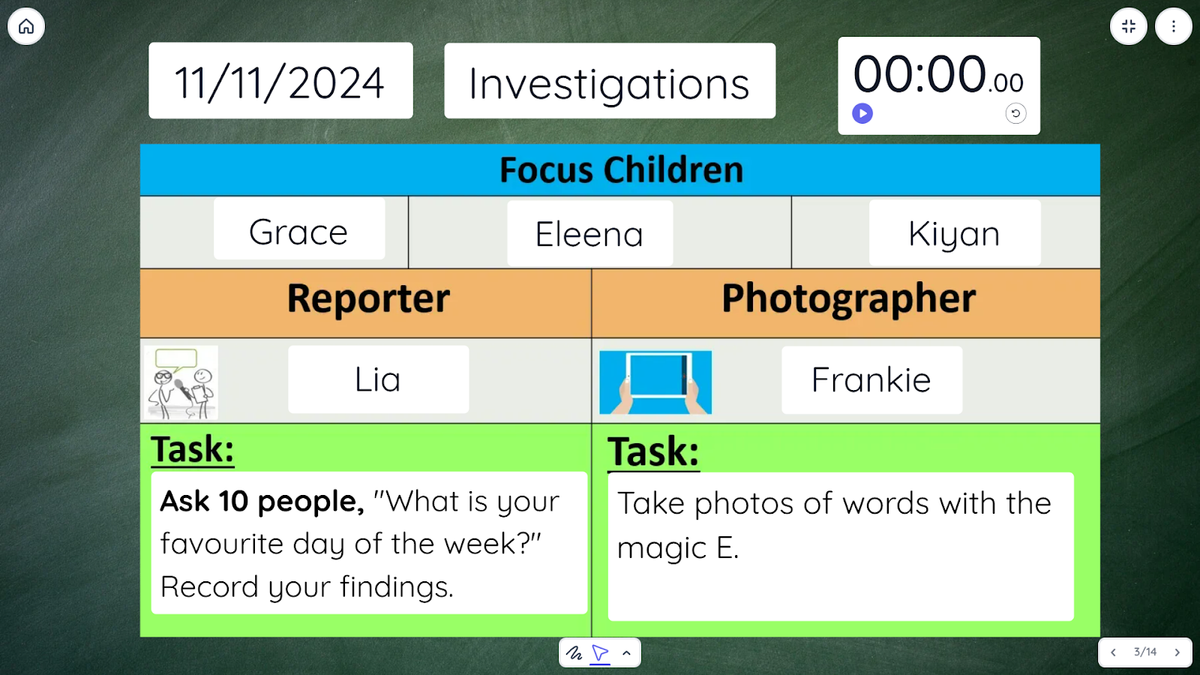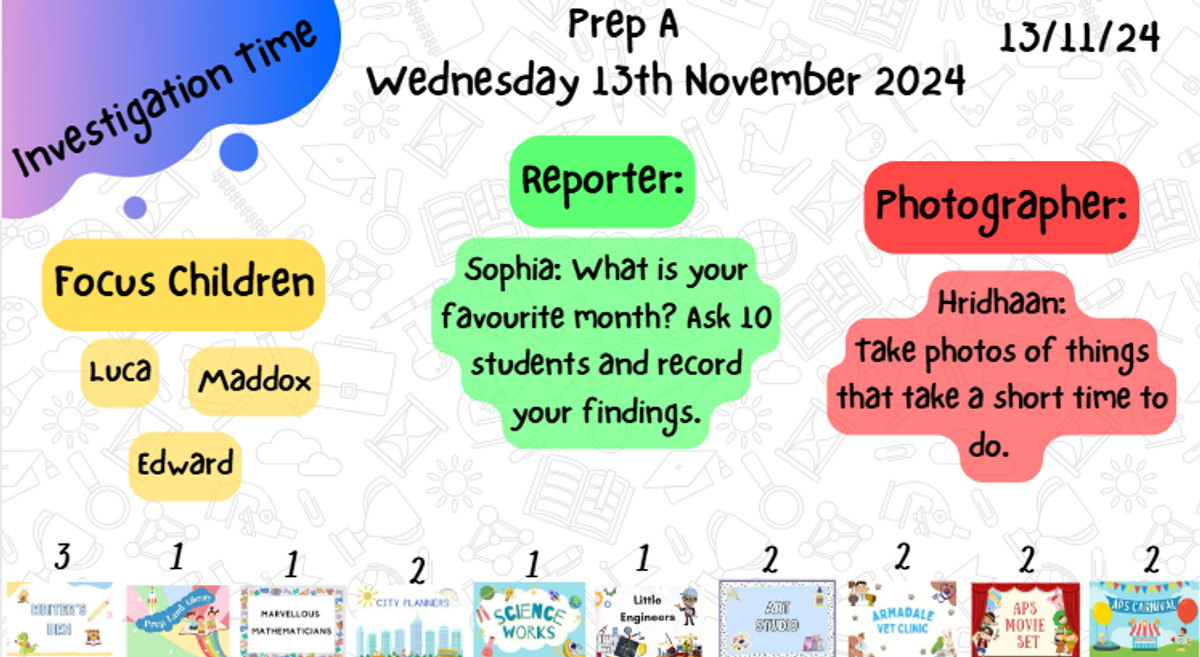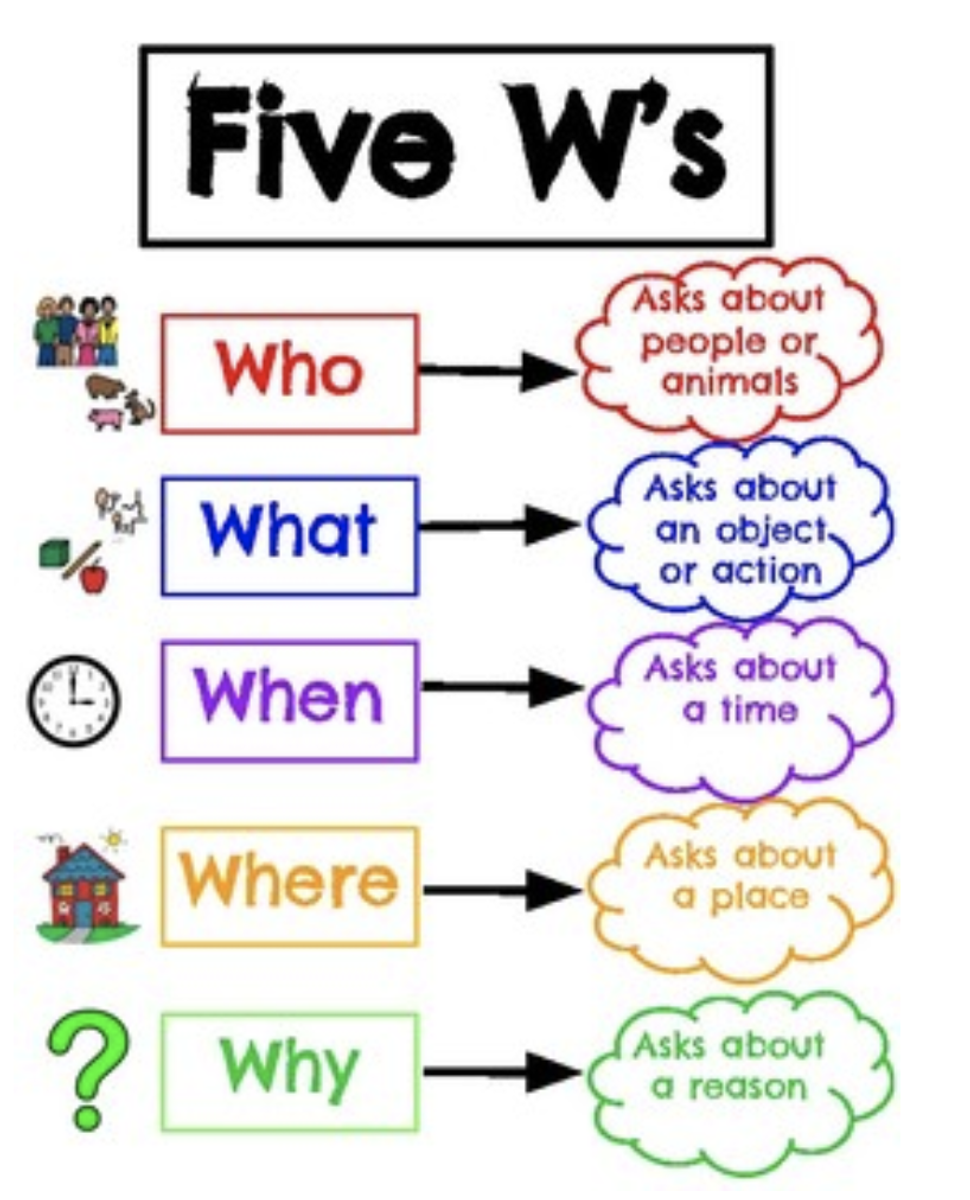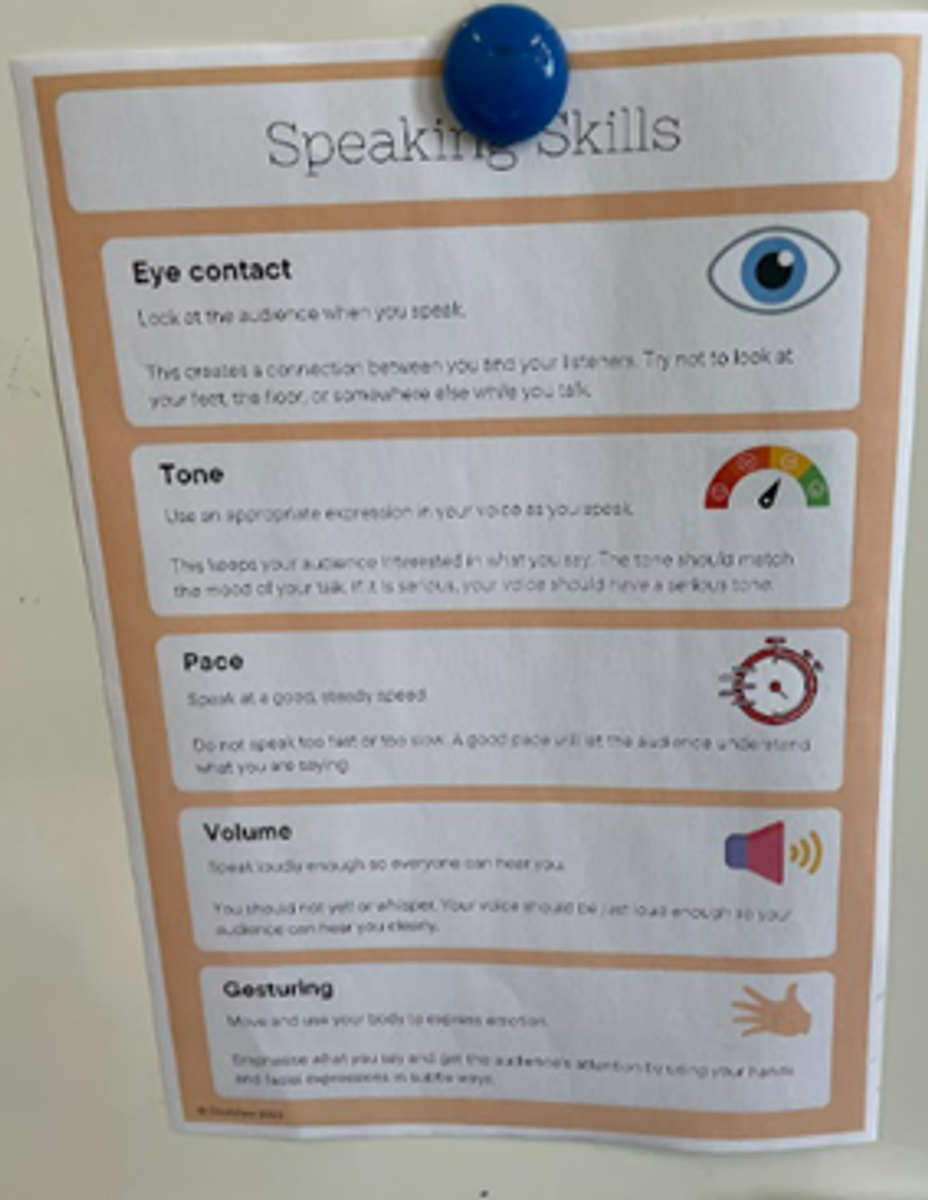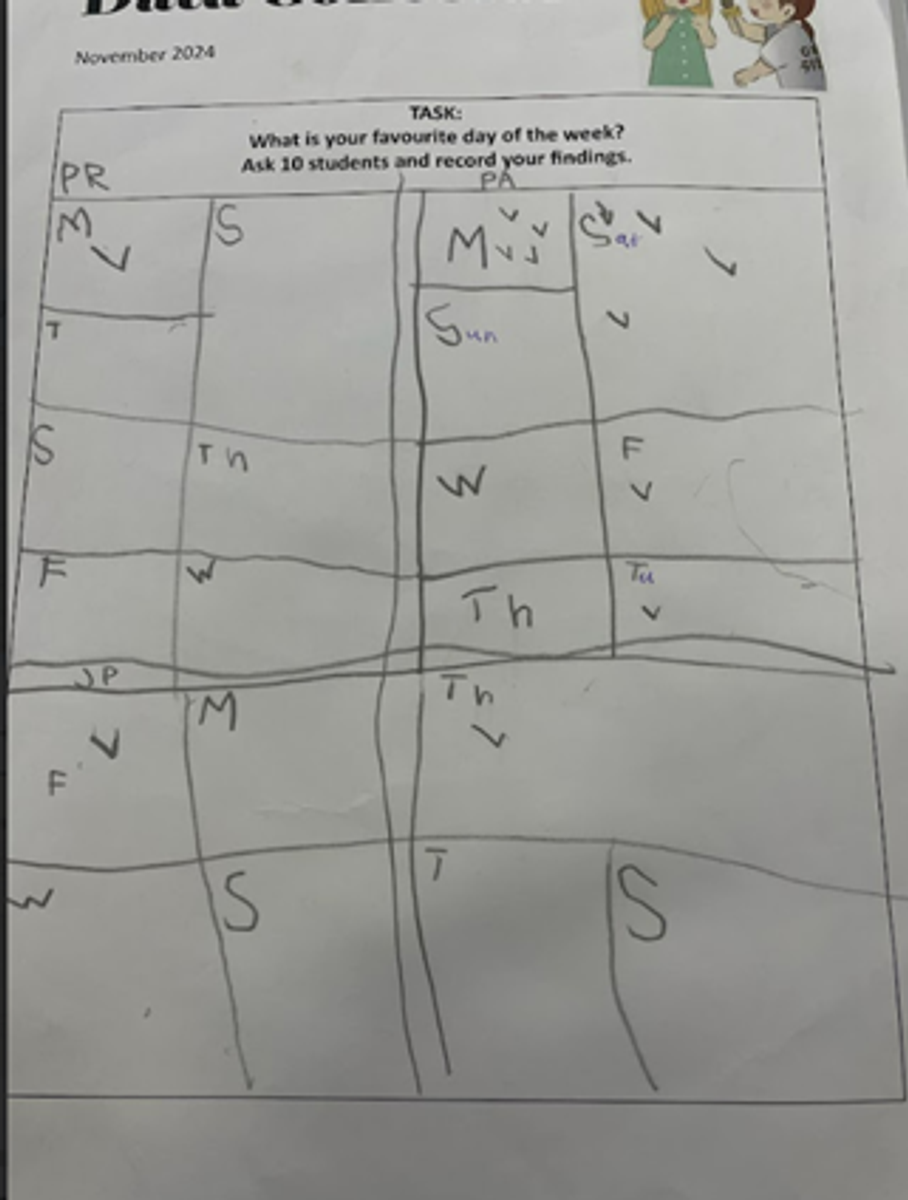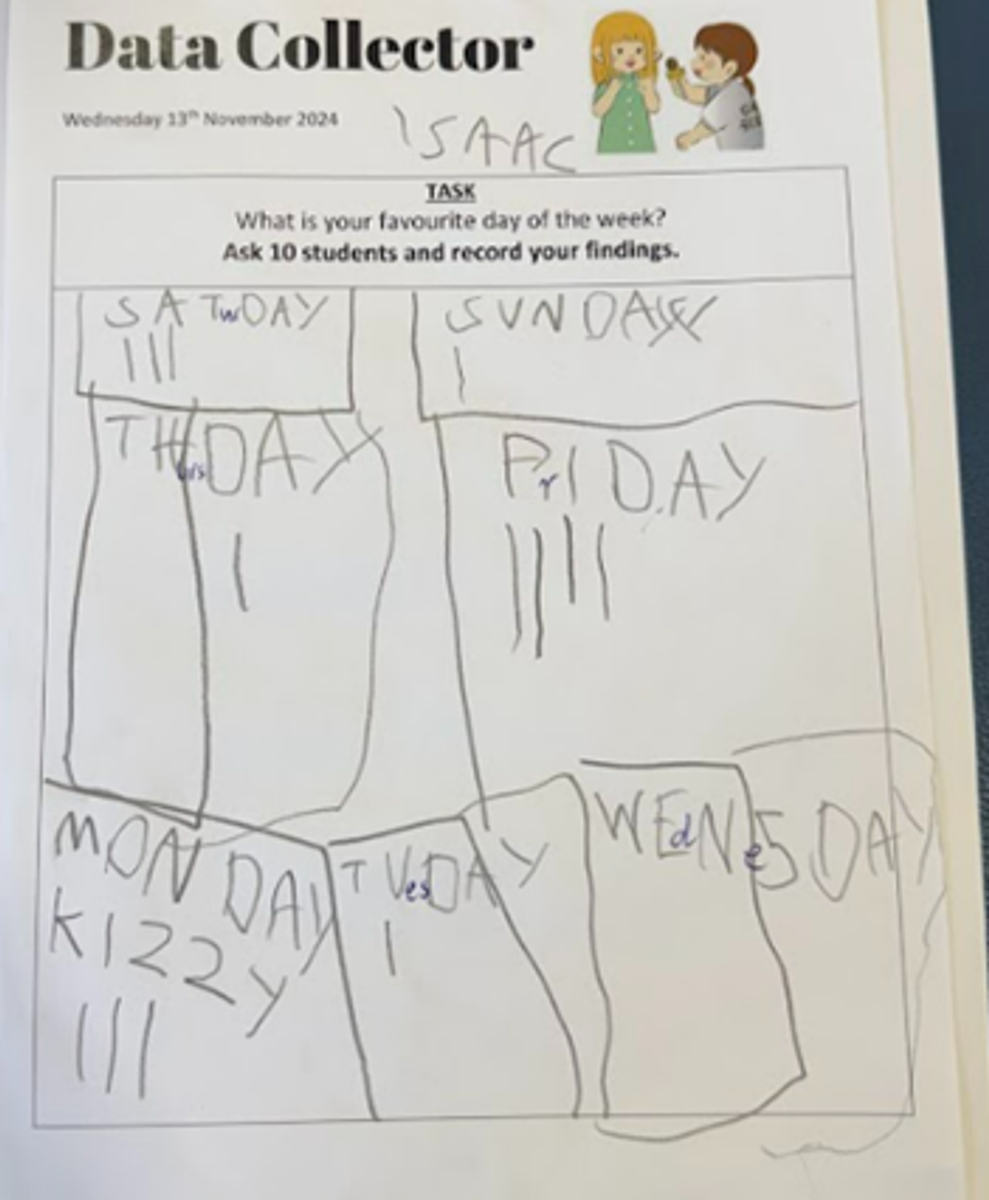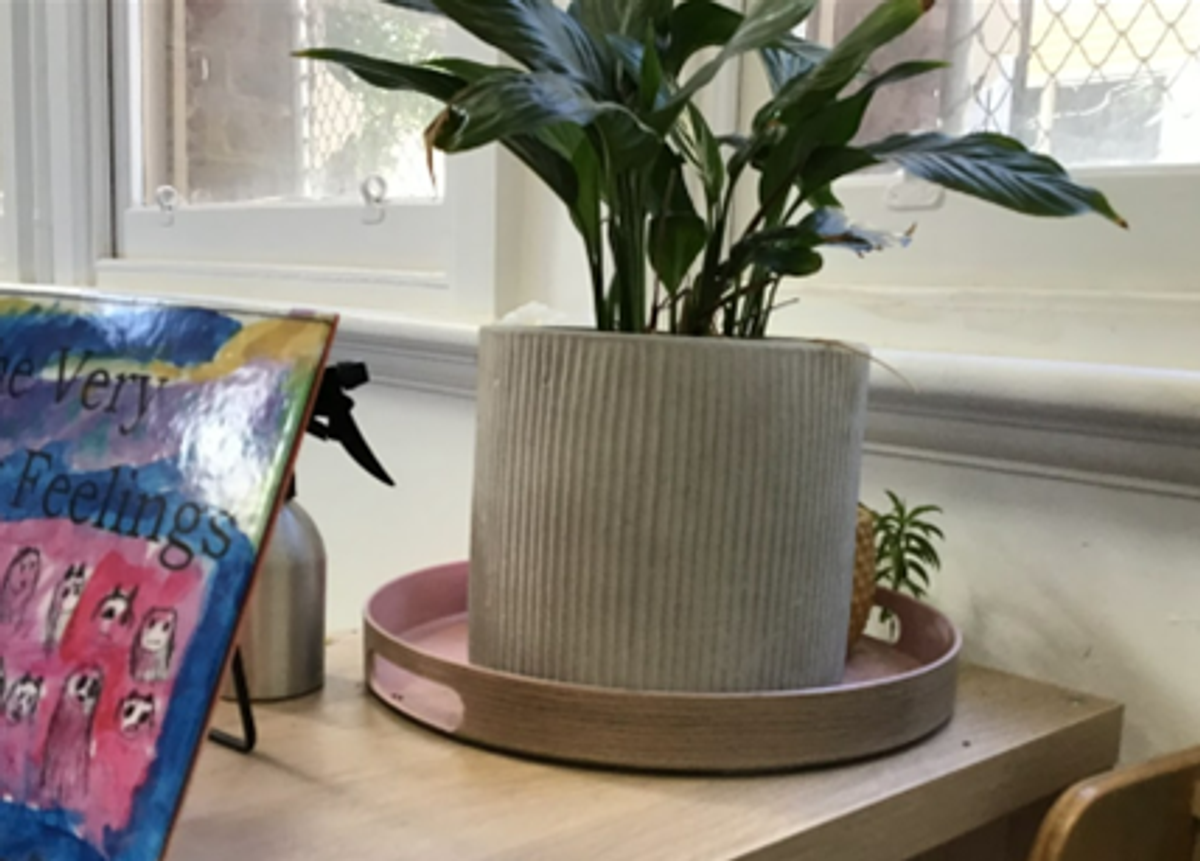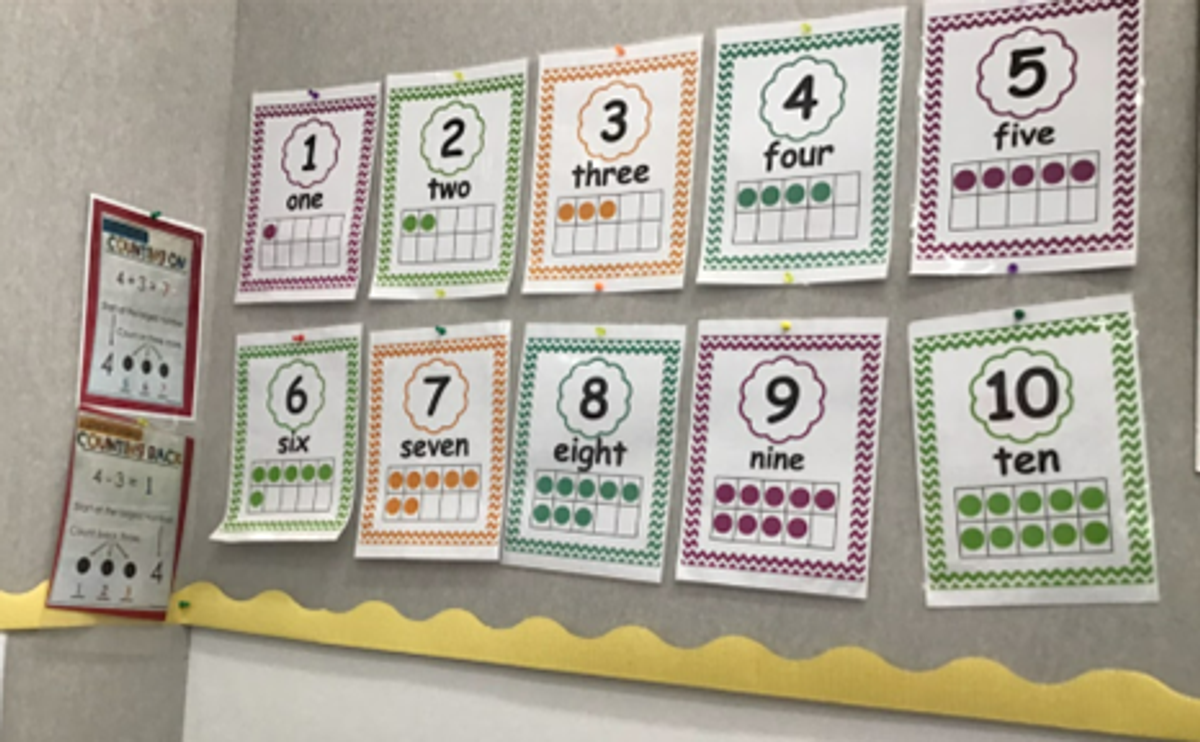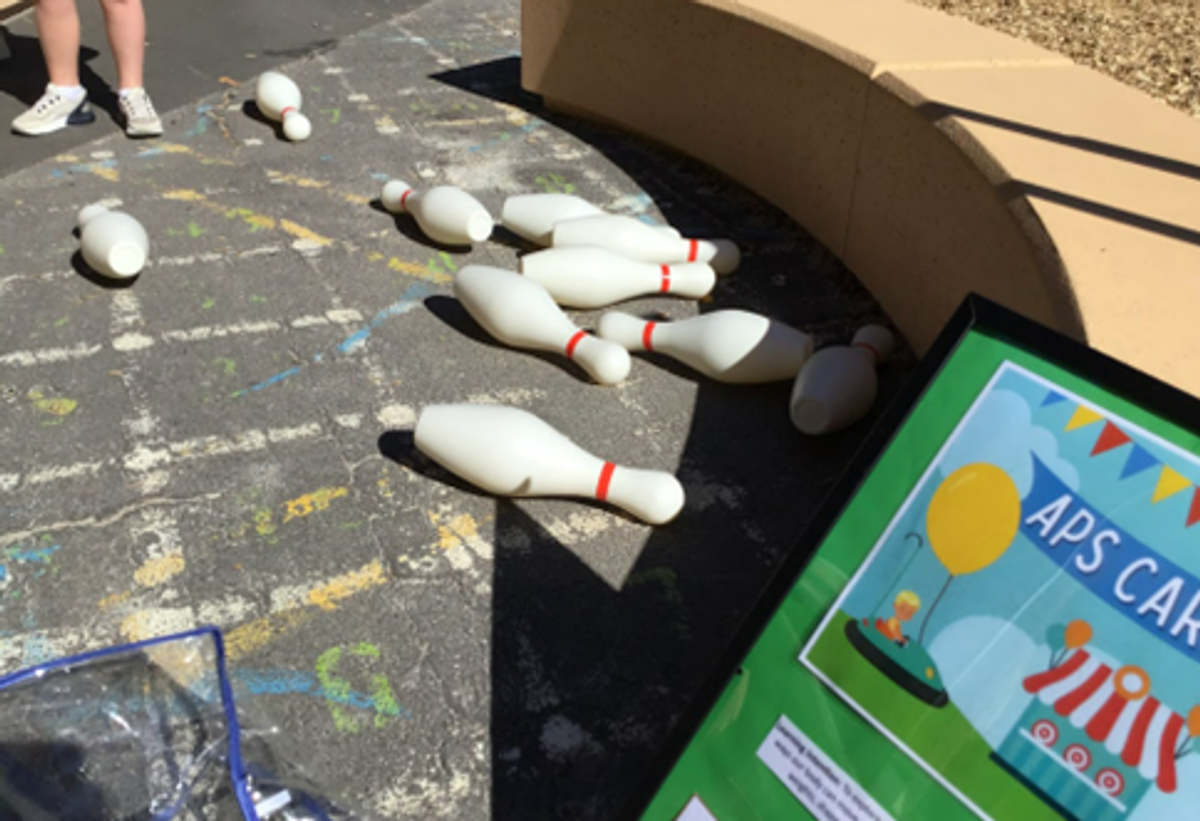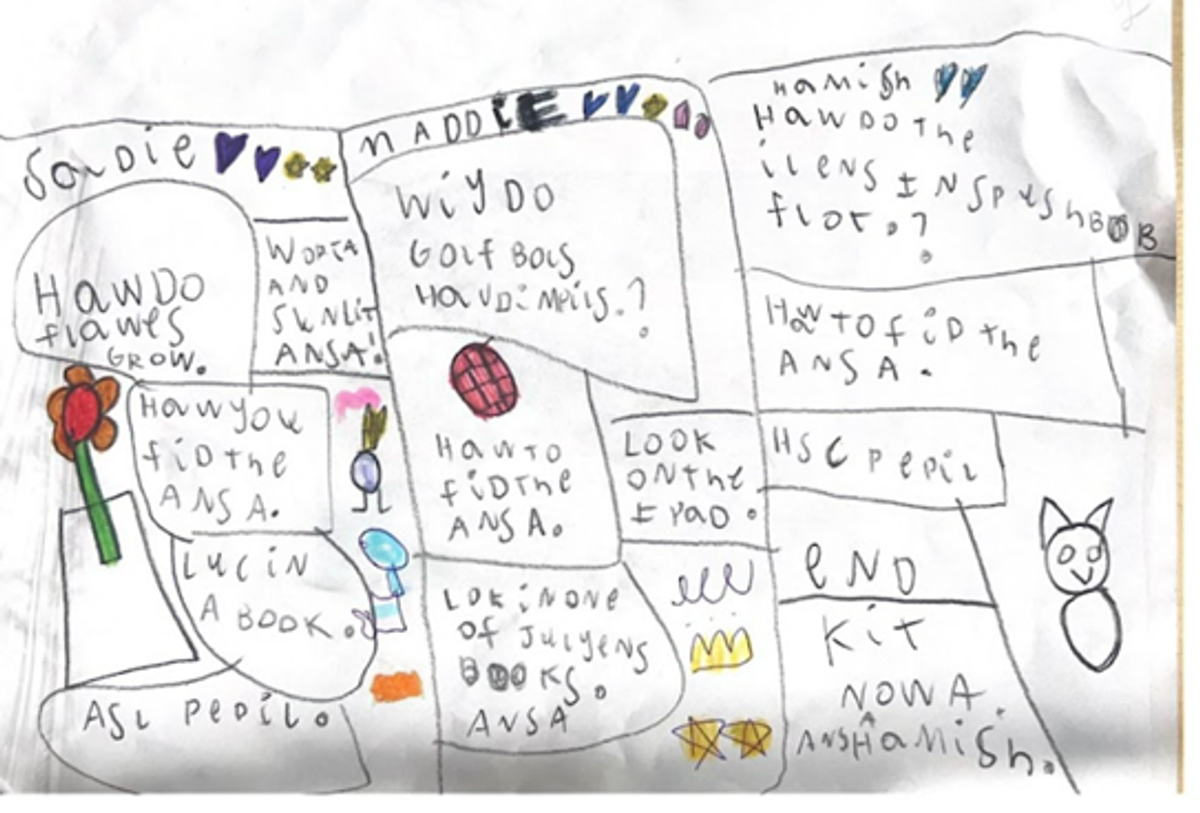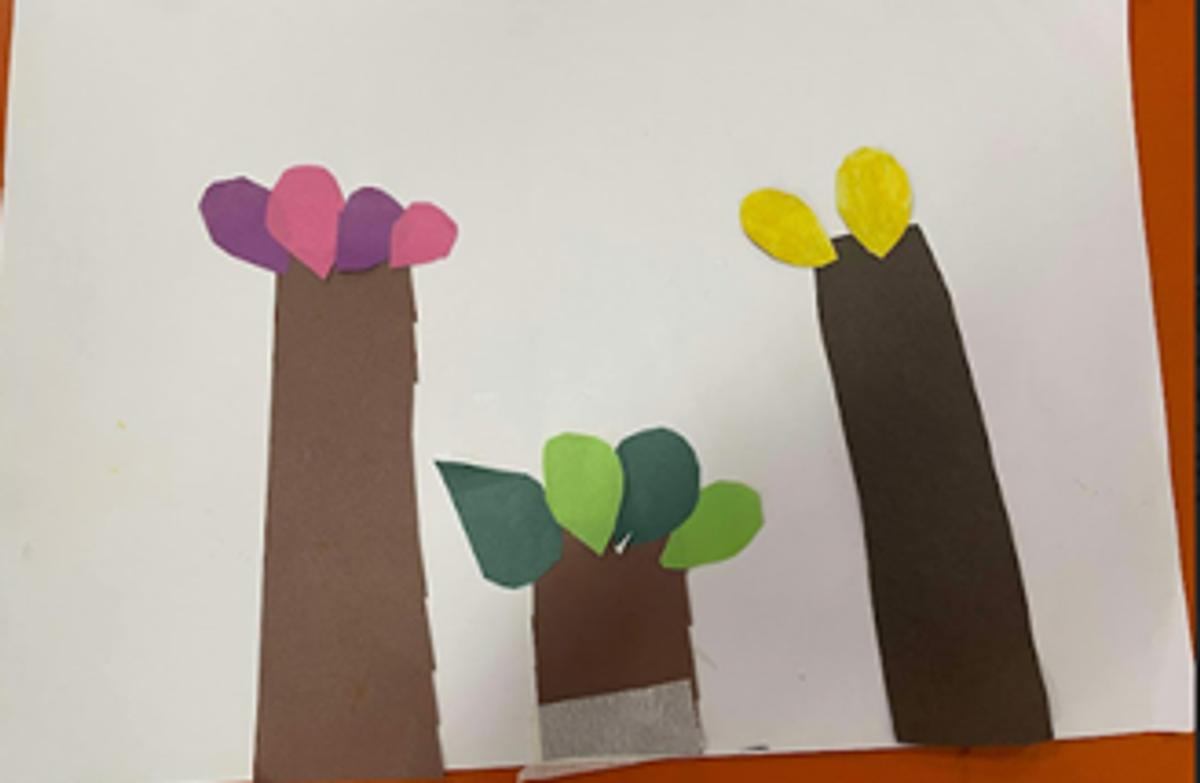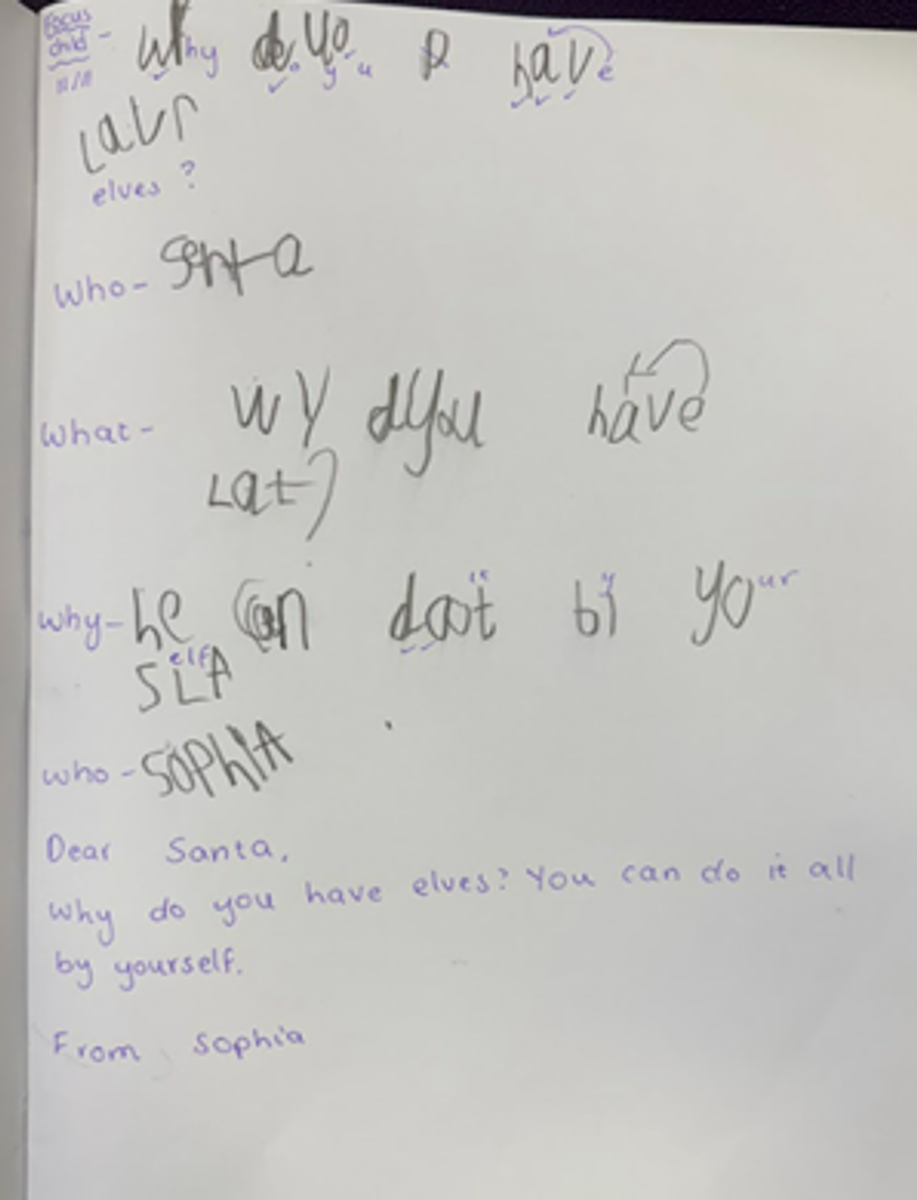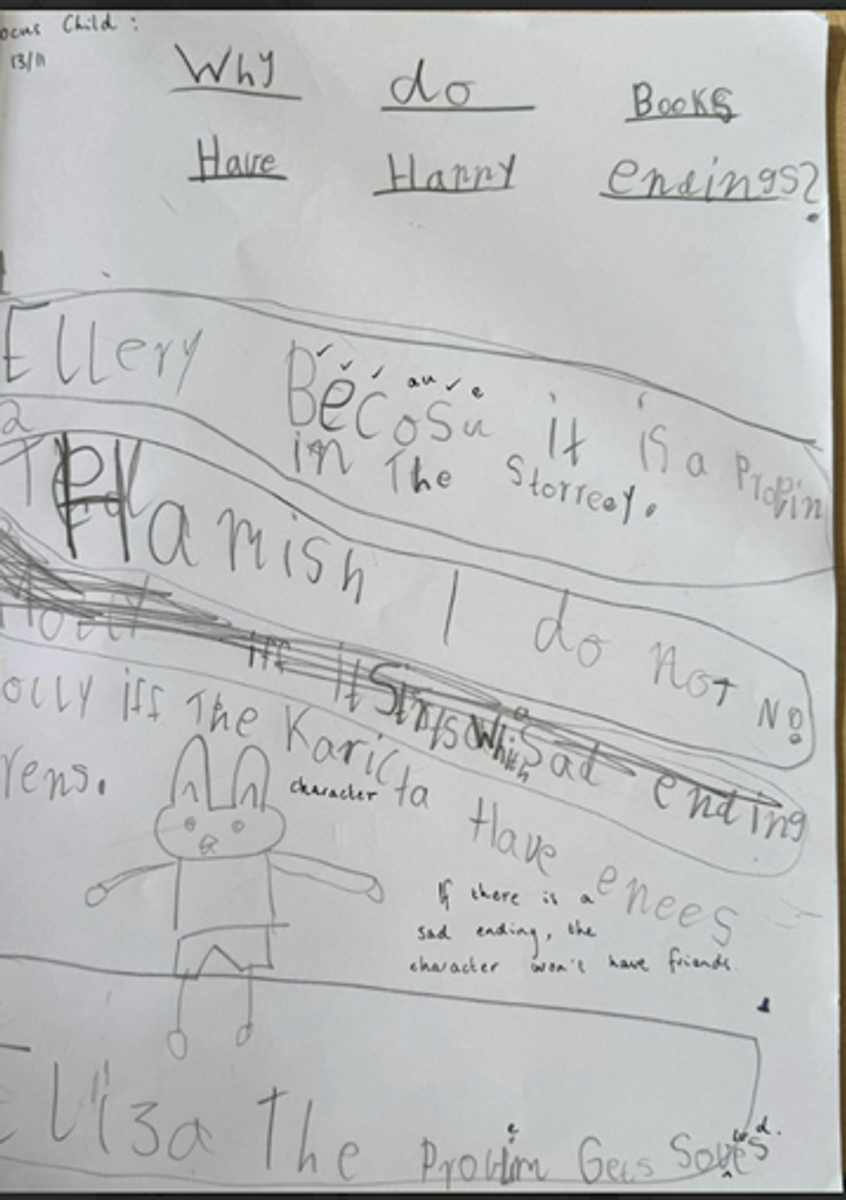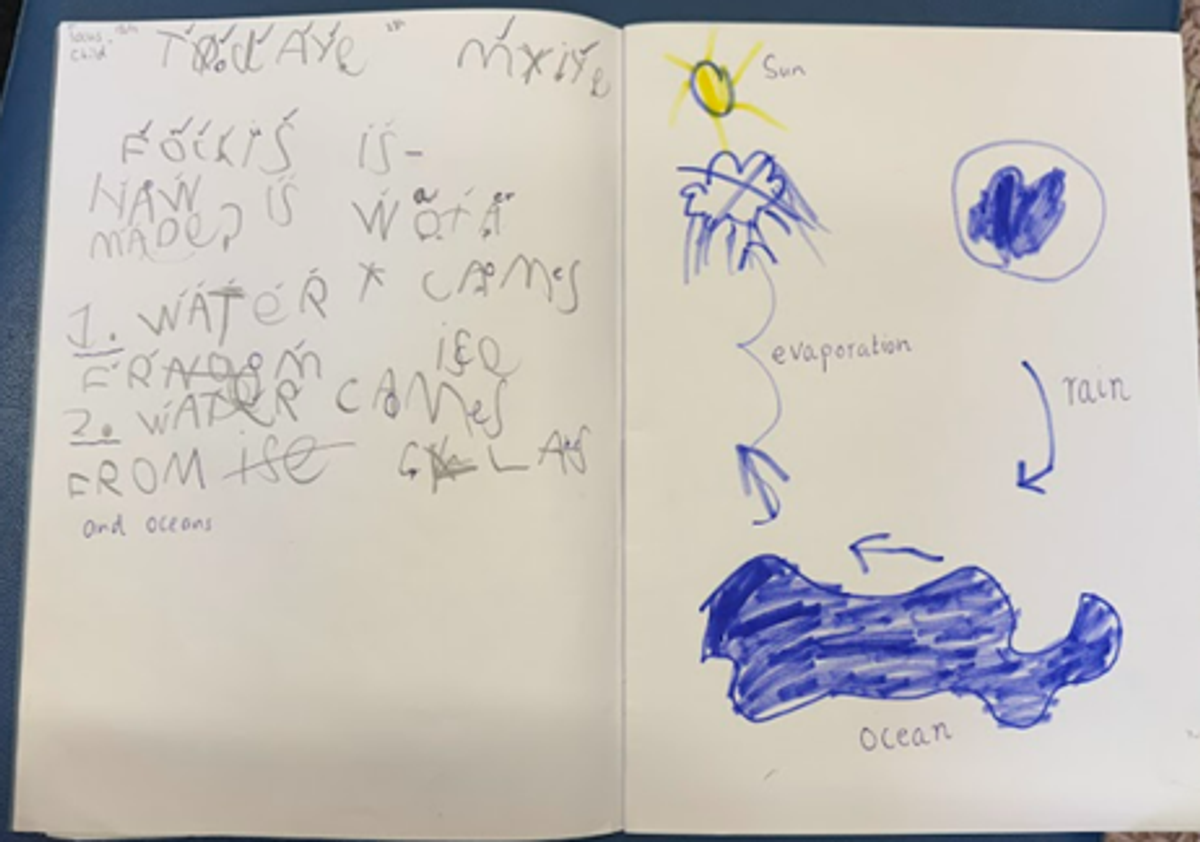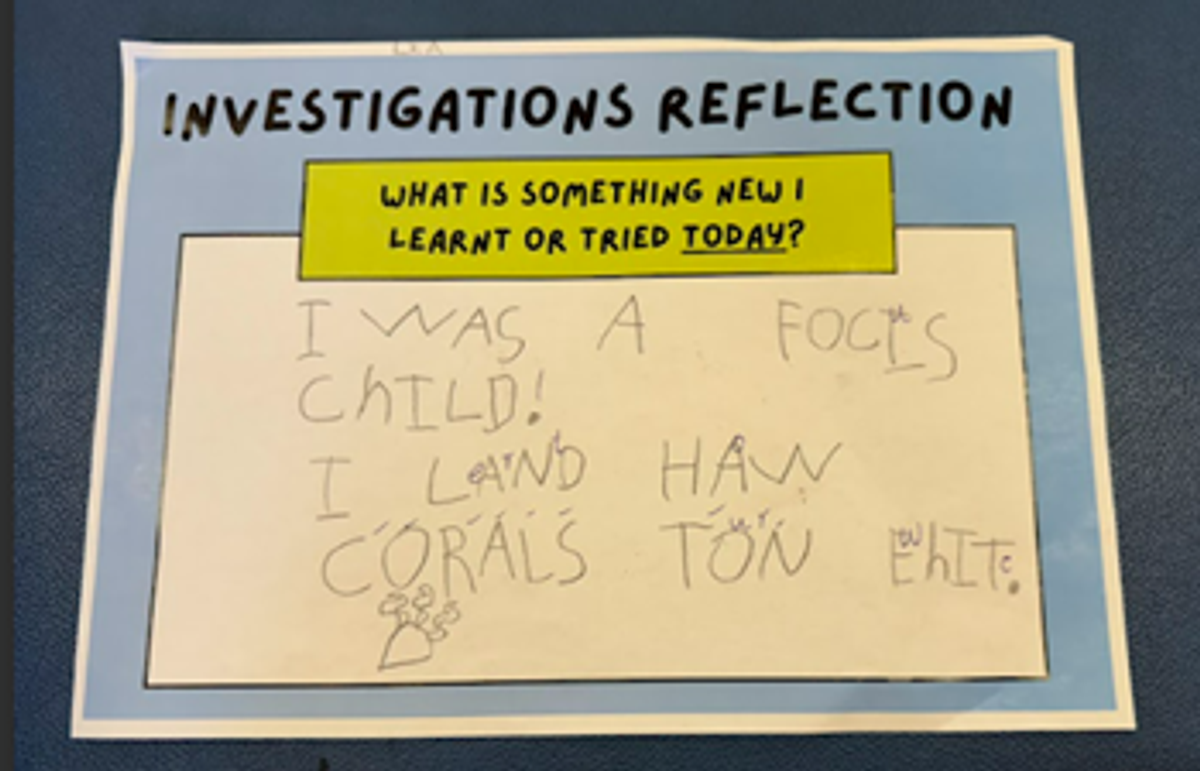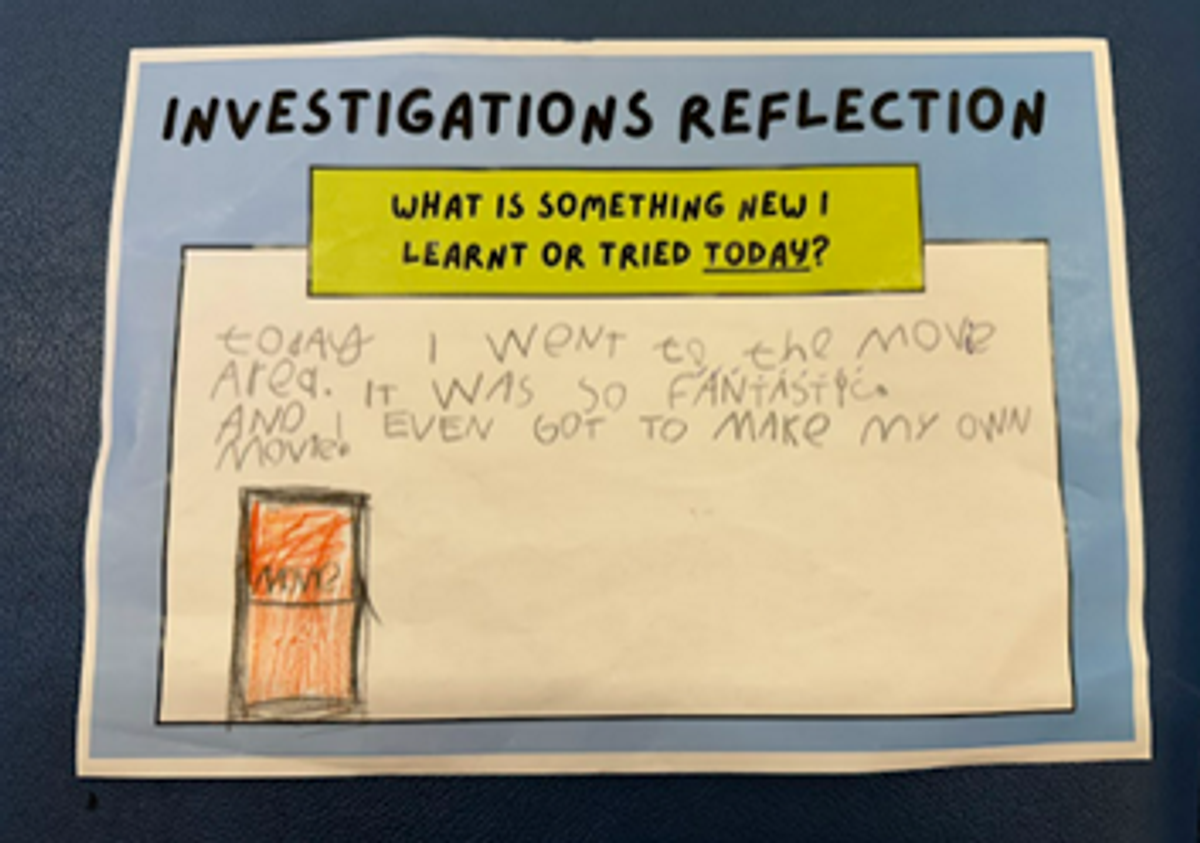Prep Bulletin
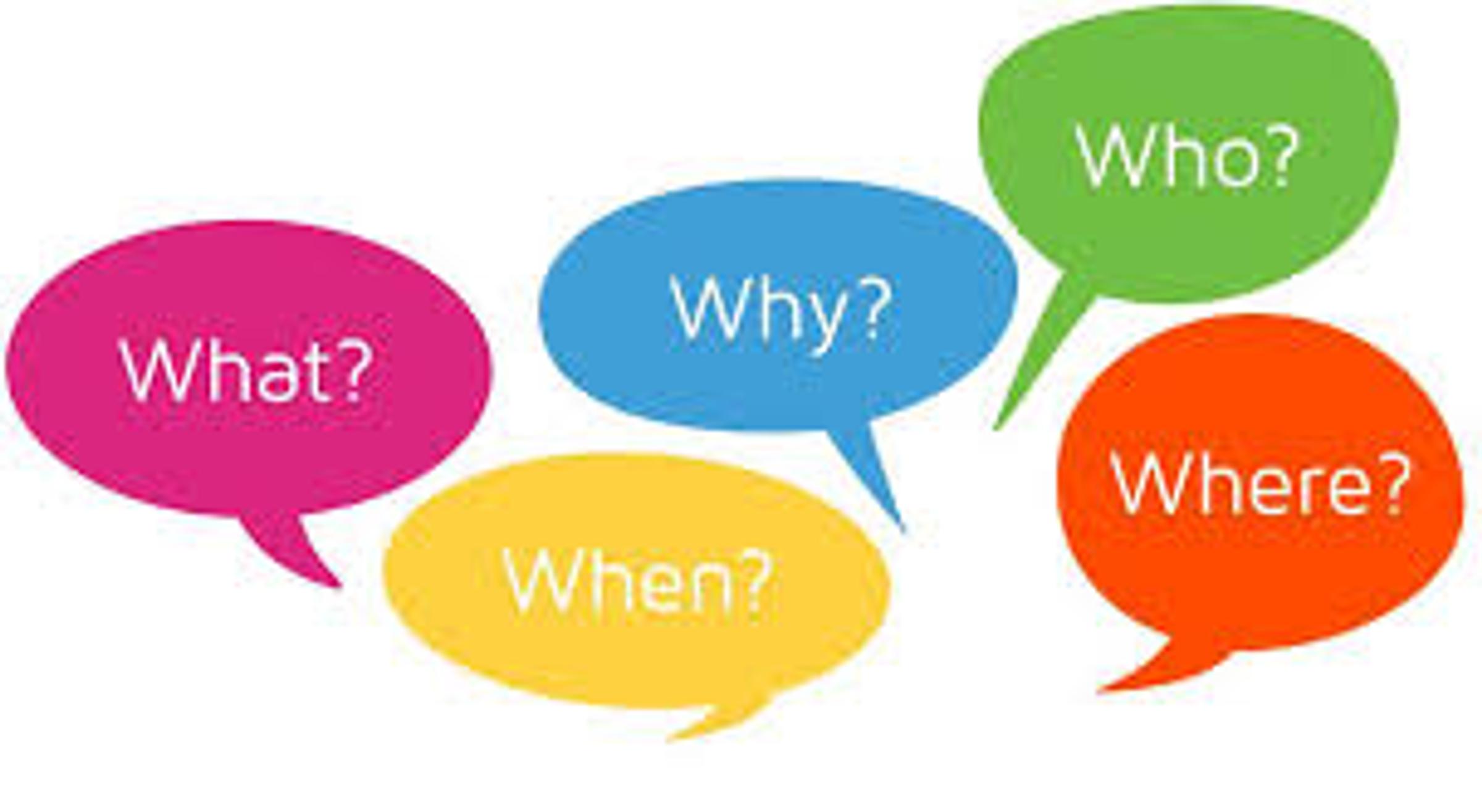
A snapshot into Investigations
Learning Experience Overview
Investigations allow for a student-centred learning environment that nurtures curiosity and encourages children to reflect on their learning. During investigations, students explore a range of activities that are created based on their interests. Currently, our spaces are The Writer’s Den, The Prepland Library, Marvellous Mathematicians, City Planners, Science Works, Little Engineers, Armadale Vet Clinic, Armadale Movie Set, Art Studio and Armadale Carnival.
Whole:
Focus - Maths
At the beginning of each Investigations session, students explore a specific concept they are currently learning in class using the Investigations board. This week, they are focusing on the concept of ‘Time’. The teacher prompted the students to think about things such as:
- Today is…
- Yesterday was…
- Tomorrow will be…
- If today is… how many days until….
- What is the date today?
Focus child
At the beginning of each Investigation session, students share a question, item, or idea with their classmates and teacher, explaining the purpose behind their investigation. This term we have been focussing on talking for as long as they can (within 3 minutes) and providing context. Some students have been practising engaging the audience by starting with a fact or a demonstration.
Anchor charts are used to support the focus child when presenting. We use the 5 W's to help students provide context and organise their ideas and information. We have also introduced students to different Speaking Skills and have discussed how we can make our presentation more engaging. Students refer to this to prompt them to demonstrate skills such as maintaining eye contact with their audience, speaking at a volume others can hear or speaking at an appropriate pace.
Reporter and Photographer
In each Investigations lesson, there is also a designated Reporter and Photographer. This term, the reporter has been experimenting with different methods for recording data and taking part in discussion about the best way to record their data, depending on the information they are wanting to find. Below is an example of this week’s Reporter and Photographer tasks, along with samples of the students’ work.
Reporter:
“What is your favourite day of the week?”
These children were given the same question except they recorded their data differently. The reporter on the left had a go at recording data that showed which day was the most popular amongst each Prep class. While the reporter on the right experimented with tally marks and writing the person's name.
Photographer:
Example -
Take photos of activities that take a short amount of time.
“One bowl”
Small:
Students chose an Investigations area they want to explore, each filled with a specific learning intention, vocabulary, and materials related to the theme.
Below is an example of a student’s work from the Writer’s Den. Students bring together a range of curriculum areas during Investigations, connecting ideas and transferring their ideas to multiple contexts. This piece of work highlights what each Focus Child was wondering and what method of research they used.
Below is an example of a student’s work from the Art Studio where students are encouraged to create artworks inspired by our Big Idea ‘Seasons affect how the world works and influence the way we live.’
Focus Child:
In our Investigation sessions, the teacher spends one-on-one time with the Focus Children whilst working on a specific literacy or numeracy focus.
“Why do you (Santa) have elves?”
This Focus Child was very excited about Christmas and shared with the class what she will be doing on Christmas day. She decided that she wanted to ask Santa why he has elves because she felt that he could deliver the presents on his own. She explored the structure of a letter using some of the 5W’s and used it to plan out her letter to Santa.
“Why do books have happy endings?”
This Focus Child wanted to find out why stories have happy endings. To research, they chose to conduct a survey to find out what people thought. After looking at the results, they came to their own conclusion that stories have happy endings because the problem gets solved. This was an English focus as the student worked on their writing skills.
“How is water made?”
This Focus Child was developing their research skills by using the keyword ‘water’ to search through the encyclopaedia. They used titles and pictures as clues to gather information and utilised the index page to locate information quickly.
Whole:
The Focus Children share what they learned with the class during their Investigation session. They reflect on any challenges they faced and how they overcame them, and the research method they used. This sharing time again allows students to practise their presentation skills using the anchor charts. Following Wednesday’s Investigations session, students were asked to respond to the prompt ‘What is something new I learnt or tried today?’ This reflection will be sent home with the bulletin this week.
What you can do now to continue the learning at home from this experience:
- Discuss your child’s Investigations Reflection
- Ask your child about their Investigations this week and what they did
- Encourage your child to check their Investigations roster regularly to stay organised
- Discuss things your child is curious about
Alyssa, Ruby and Julian
Prep Team
Alyssa.Thermos@education.vic.gov.au

